The national capital was rocked by political and security concerns after an attack on Delhi Chief Minister Renuka Gupta. In swift response, the central government has granted her Z-category security cover, placing her under one of the highest tiers of protection extended to India’s political leaders.
The decision highlights growing concerns over political violence, law-and-order challenges in Delhi, and the increasing need for strong security arrangements for high-profile leaders. BIGSTORY Network unpacks the timeline of events, the details of Z-security, and the wider political ramifications.
The Recent Attack on CM Renuka Gupta
According to official reports, Chief Minister Renuka Gupta was attacked during a public interaction program in East Delhi. Initial accounts suggest that:
- A small group allegedly targeted Gupta with slogans and attempted physical assault.
- Security at the venue was quickly tightened, and Gupta escaped with minor injuries.
- Several individuals were detained by Delhi Police, though investigations are still ongoing.
The incident sparked widespread outrage, with supporters condemning the breach and critics questioning Delhi’s political climate.
What Z-Category Security Means
India’s VVIP security protocol is categorized into four tiers: X, Y, Z, and Z+. Z-category is among the highest, with significant deployments.
- Z-security typically includes: around 22 armed commandos (from NSG, CRPF, or Delhi Police).
- Armored vehicles and advance surveillance methods are deployed.
- Round-the-clock personal security officers protect the leader in public and private spaces.
By granting Gupta this cover, the Centre places her in the bracket of top-protected leaders, signaling seriousness about threats to her safety.
Political Reactions
The upgraded security cover triggered a wave of political responses:
- Supporters of Gupta: Welcomed the decision as overdue, arguing that threats against her have been growing.
- Opposition parties in Delhi: While condemning the attack, some claimed the security move was also political—either as acknowledgement of Gupta’s rising stature or as an overreaction.
- National Leaders: Several senior leaders across party lines condemned the attack, calling it an “unacceptable assault on democracy.”
The episode has thus become both a security issue and a political flashpoint.
Security Agencies’ Role
The Ministry of Home Affairs (MHA) conducts threat perception reviews before upgrading any leader’s security. Following the attack, central intelligence and Delhi Police submitted detailed reports suggesting heightened threats against the CM.
- The threat perception reportedly included both physical risks at public events and online threats directed at the Chief Minister.
- Based on these assessments, Z-category protection was approved under the direct watch of central paramilitary forces.
Implications for Delhi Politics
The security development has immediate and long-term implications:
- Public Sympathy: Attacks often trigger sympathy waves, potentially boosting support for Renuka Gupta.
- Law-and-Order Debate: Questions about whether Delhi Police (under the Centre) failed to prevent the attack now dominate political debates.
- Centre–State Dynamics: The Centre granting security directly to a state leader in Delhi reflects its strong involvement in maintaining law and order.
- Campaign Environment: With elections in Delhi always closely contested, such incidents may shape voter sentiments.
Rising Security Concerns for Politicians in India
The attack underscores a broader issue—rising security threats against political leaders across India.
- Public Anger & Polarization: Physical attacks on leaders have been recorded during rallies and protests.
- Social Media Threats: Politicians, particularly women leaders, face disproportionate online harassment that sometimes escalates to real threats.
- Urban Volatility: With large public gatherings and protests in cities like Delhi, leaders often face unpredictable crowd dynamics.
India’s security agencies are increasingly reliant on intelligence inputs and quick response teams to protect public figures.
Gender Dimension: Women in Politics Under Threat
Renuka Gupta’s case has also sparked conversations about the security and safety of women leaders in India:
- Women politicians often face higher levels of targeted harassment, both offline and online.
- Security guidelines have to account for the unique vulnerabilities and visibility challenges faced by women in public life.
- Women’s groups have demanded faster institutional responses to such incidents to ensure leaders can continue engaging directly with citizens without fear.
Social Media Buzz
The news of the attack followed by Z-security dominated online discussions:
- Supporters trended hashtags praising Gupta for courage despite the assault.
- Hashtags demanding tougher punishment for the attackers also trended.
- Critics accused authorities of “failing first and then overcompensating” with high-level security.
Social media signals the high-stakes polarization this incident has created within Delhi’s political ecosystem.
Expert Commentary
Political Analysts: Suggest that symbolism matters. Security upgrades send a strong message that Gupta is considered a national figure with influence beyond Delhi.
Security Experts: Note that such incidents should not only be addressed by security upgrades but also by preventive strategies, better coordination between Centre and state police, and safer event management protocols.
Civic Activists: Argue that overemphasis on VIP security may divert resources from improving safety for ordinary citizens.
What’s Next?
Authorities are moving in multiple directions:
- Legal Action: Investigation against those who attacked the CM is ongoing, with charges likely to be filed soon.
- Security Review Panels: Teams are being set up to constantly revisit the CM’s security needs.
- Event Protocols: More restrictions could be introduced at large public gatherings to ensure leaders’ safety.
- Political Messaging: Congress and other parties are expected to leverage the incident both for public sympathy and to highlight law and order concerns in Delhi.
Conclusion
The Centre’s decision to grant Z-category security to Delhi CM Renuka Gupta after the recent attack is both a protective measure and a political signal. While ensuring the safety of leaders is paramount, the controversy also highlights deeper concerns about political violence, gender-specific threats, and the balance between VIP security and citizen safety in India.
As Delhi politics heats up, BIGSTORY Network will continue tracking every detail of this unfolding story, from investigation progress to the political outcomes of this dramatic security development.

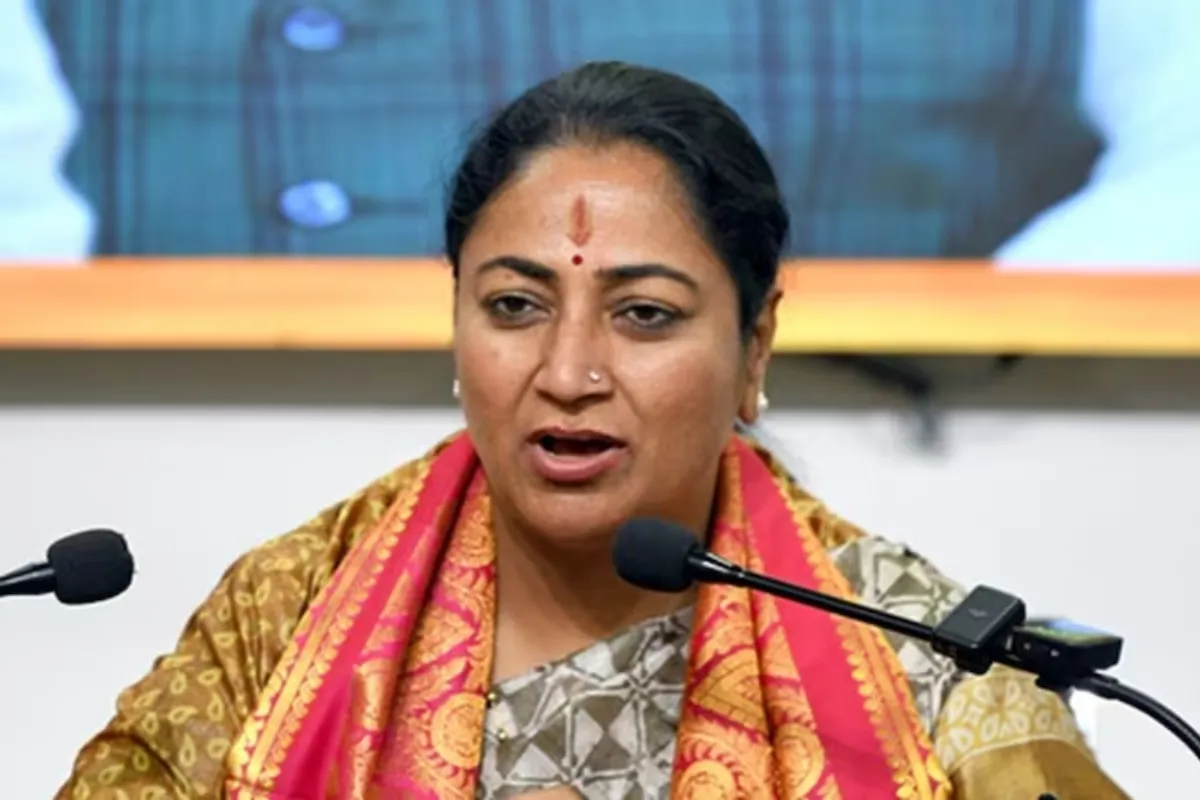
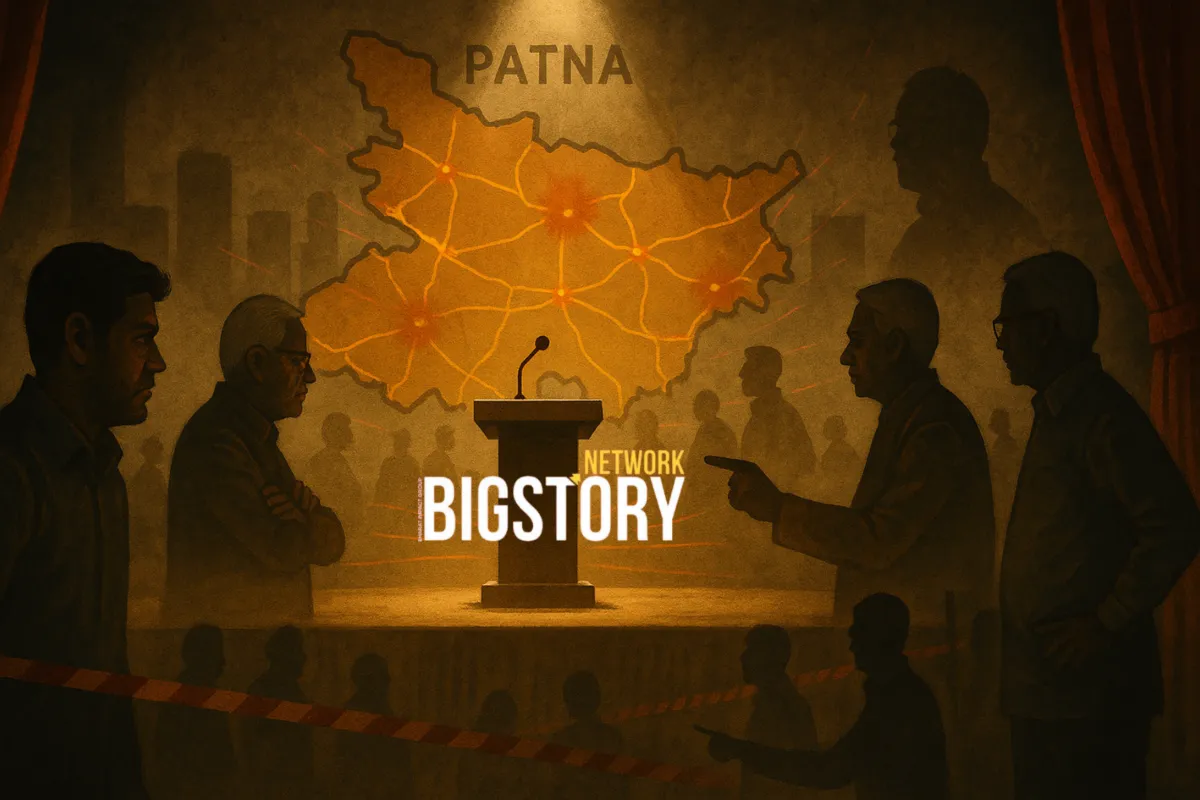
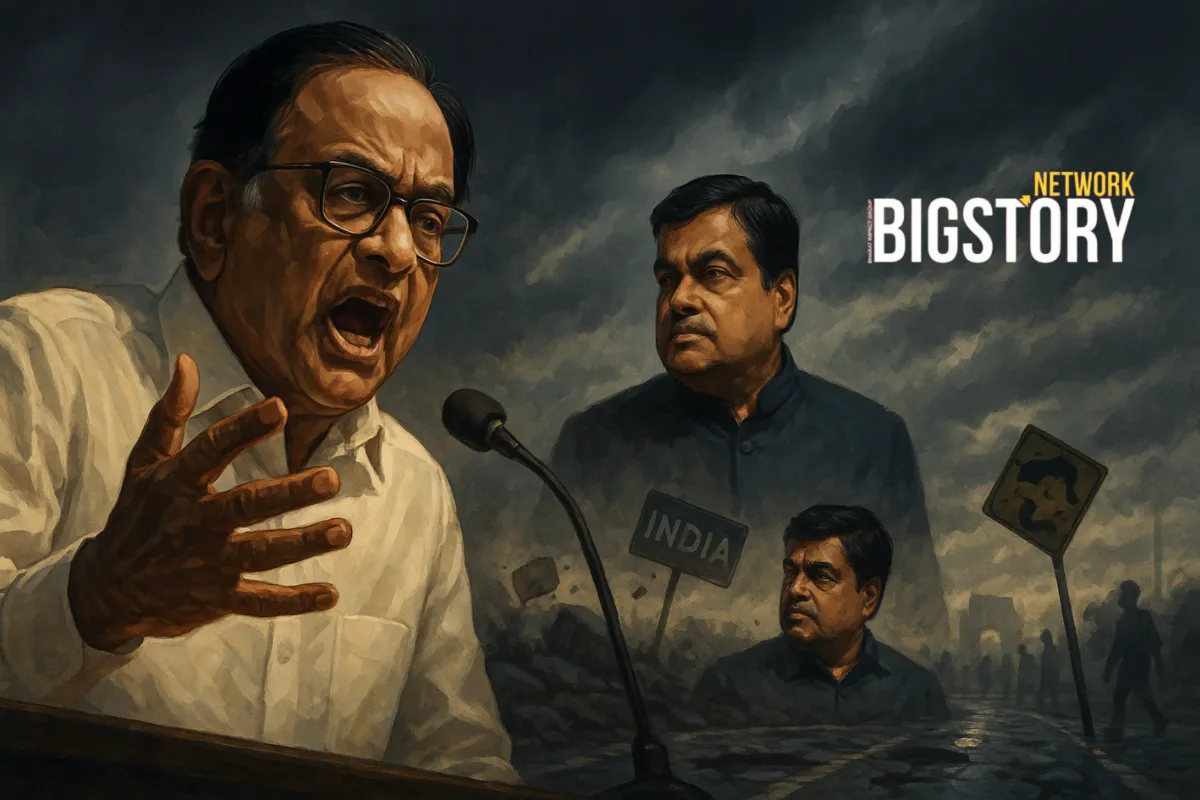
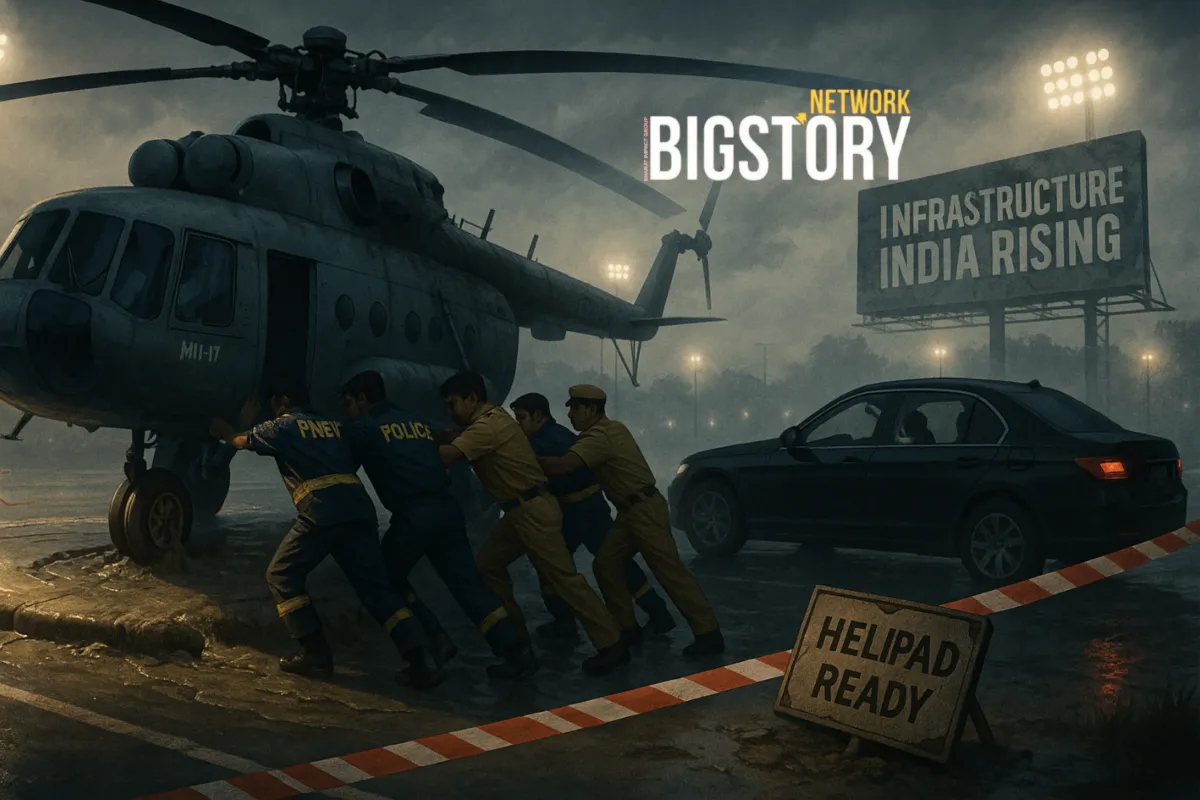
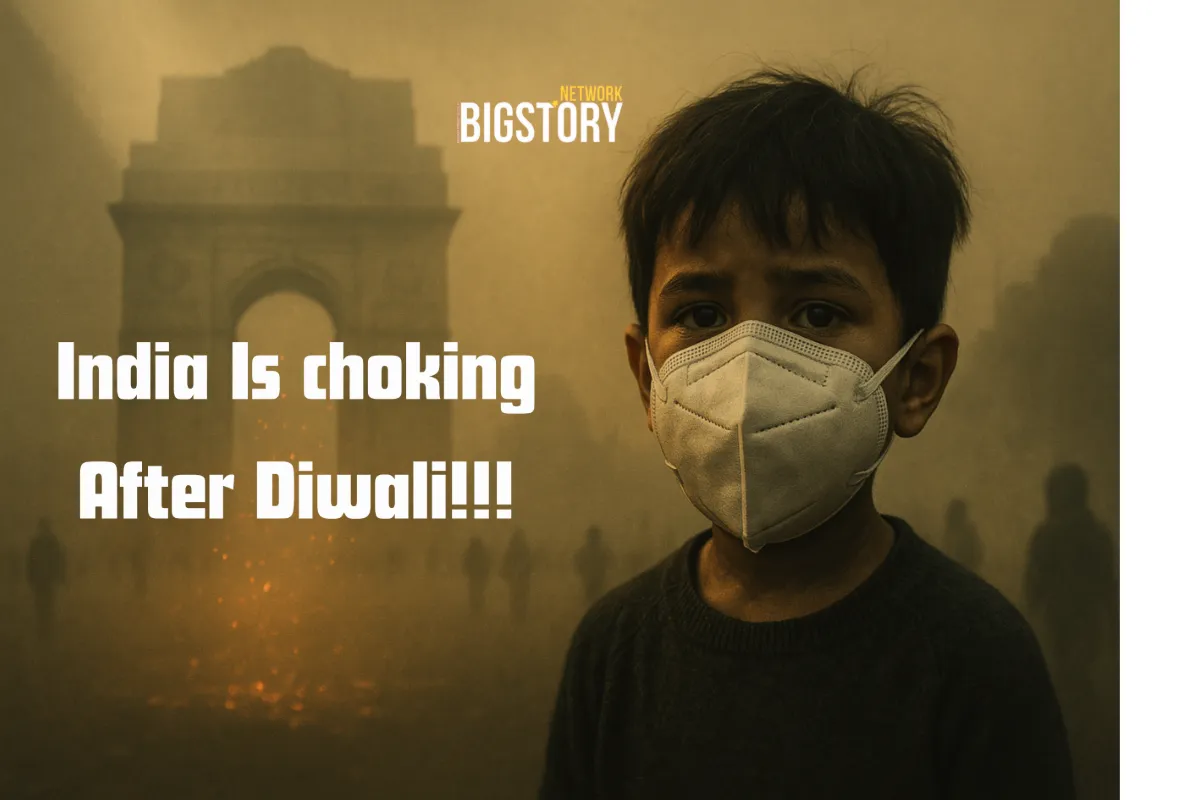
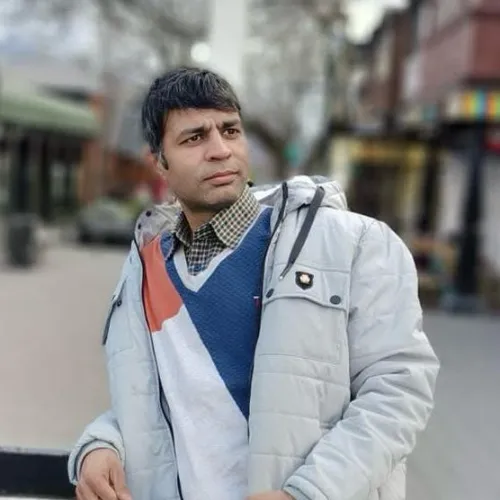
Leave a Reply